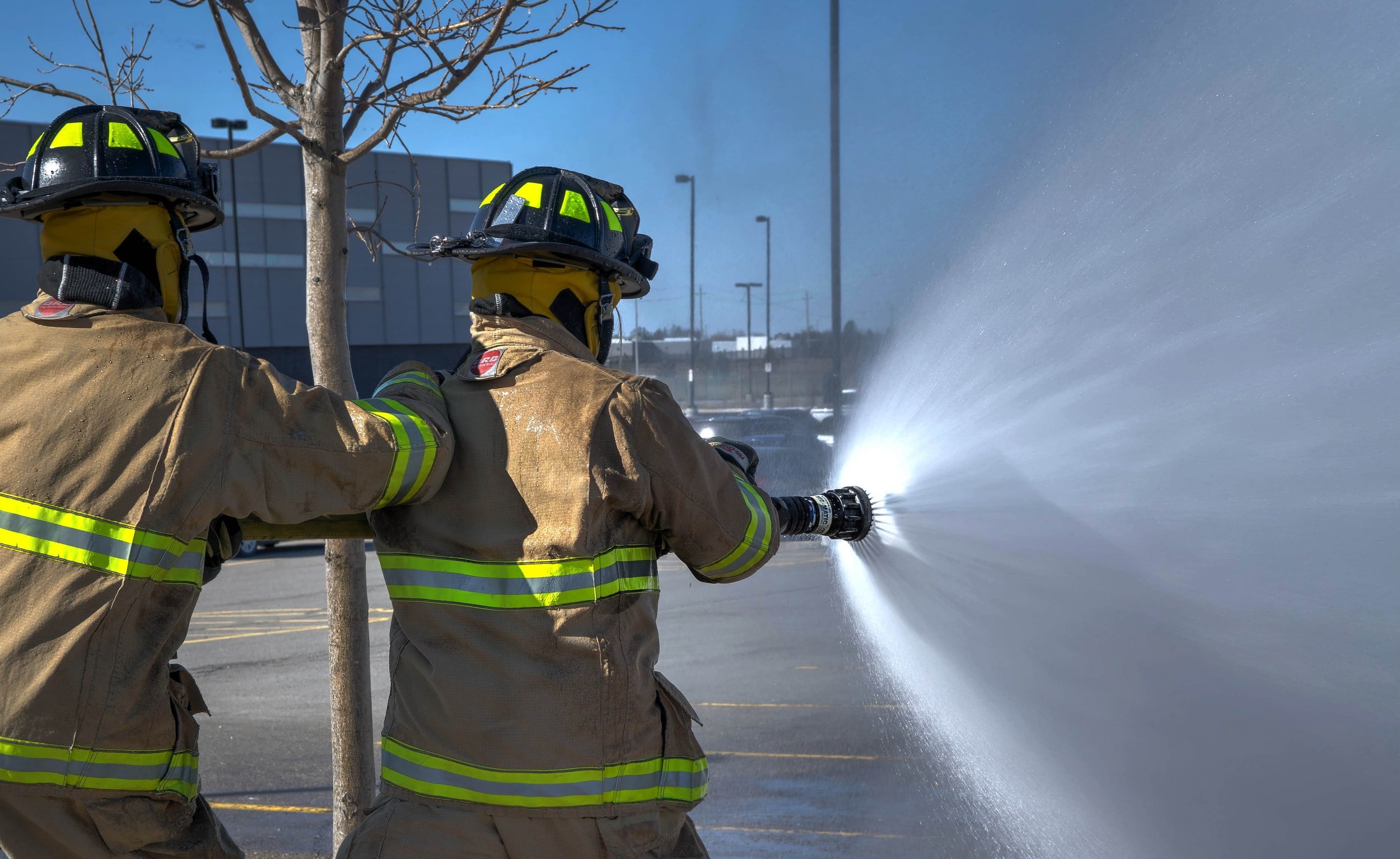Safe sex
Oral sex (mouth-to-vulva)
Most STIs can spread between the vulva and the mouth. Your best protection is in the form of dental dams and the HPV vaccine.
Dental dams are basically a sheet of latex or polyurethane that is used when performing oral sex on a vulva. The sheet is placed over the vagina or anus before oral sex.
Here’s your bonus tip! Did you know you can make a dental dam out of a condom? Check out the link:
How can I get my semen to taste better?
This one has a bit of urban legend to it. The main components of semen are citric acid (think lemons), proteins and their building blocks, sugars, fats, a few minerals and sperm. Many studies have tried to identify foods that change the taste of semen, but none are 100% conclusive. However, some folks say that eating foods that are naturally high in fructose (like mangoes and pineapple) will make semen taste sweeter, while foods high in sulfur (like brussels sprouts, cauliflower and broccoli) make semen taste bitter. Other things that may negatively impact the taste include a diet that is high in meats and fish, alcohol, smoking and caffeine. Again, none of this is backed by science but plenty of folks have a lot to say about it. Keep in mind that whatever the effect of food on the taste and smell of semen, the changes will be brief. Foods and liquids are processed relatively quickly, so eating a bunch of asparagus now really won’t have much of an impact in a couple of days.
Want to know a cool way to make things taste better AND stay protected? Flavored condoms.
Oral sex (mouth-to-penis)
Most STIs can spread between the penis and the mouth. Your best protection is in the form of condoms and the HPV vaccine.
Wanna make things more exciting? Try flavored, textured or glow-in-the-dark condoms.
Can two virgins having oral or vaginal sex spread STIs if they aren’t using protection?
The straightforward answer is ‘no,’ but keep in mind a couple of things. First, definitions of “virginity” can vary. If you and your partner consider yourselves virgins but one of you has had oral sex with someone else, there is a possibility for transmission of STIs. Which brings me to my second point that, yes, oral sex can transmit STIs. Any and all of them – gonorrhea, chlamydia, herpes, HPV, etc. So count previous oral sex partners as a possible risk factor. Third, know what we test for with routine STI testing. In general, when someone goes in for an STI test, they are tested for gonorrhea, chlamydia and, at least the first time, HIV and syphilis. Notice that this does not include herpes or HPV (these are only usually tested with symptoms). So just because a partner says they tested “clean” doesn’t mean that they don’t have herpes or HPV. Just some things to discuss with your partner before taking the next intimacy step in your relationship.
Penis-to-vagina sex
Most STIs can spread between the penis and vagina. Your best protection is in the form of condoms and the HPV vaccine.
Condoms are not only great for STI protection, but they’re also great for birth control when used correctly. On the other hand, birth control does NOT protect against STIs.
Why does my vagina burn after my boyfriend ejaculates inside of me?
I can’t say for certain, but it’s possible to be allergic to components of your partner’s semen. While uncommon, it should be considered when someone experiences allergic-type reactions after sex.
What are these reactions?
An anaphylaxis-type reaction very soon after intercourse. This includes a range of symptoms like puffy eyes, stuffy nose, itchy body rash, lip swelling, wheezing, nausea and vomiting or diarrhea.
Local skin reaction to semen (case reports are only documented in the vagina, though anal reactions are likely possible; no oral cases have been reported). This includes vaginal itchiness, burning, redness, pain or swelling after sex. A local reaction is usually immediate though it can develop hours later.
A combination of anaphylaxis and local symptoms.
Worried you might have an allergy to semen? One thing to do is try using a condom and see if symptoms improve. Condoms have been shown to protect against semen exposure and allergic reactions. However, if you do have anaphylactic symptoms, it’s best to talk with a doctor about emergency medication—just in case the condom breaks or semen leaks out.
Penis-to-anus sex
Most STIs can spread between the penis and anus. Your best protection is in the form of condoms and the HPV vaccine.
You also may have heard of something called anal douching (essentially washing out the anus and rectum prior to anal penetration). The goal is, perhaps obviously, that washing out will reduce the stool involved in anal sex. However, our bodies keep things relatively cleaned out down there (the muscles are great at squeezing the intestines shut) so stool shouldn’t be a major issue. More importantly, some studies have found that douching increases risk of transmitting HIV and other STIs because it can damage the healthy surface of the rectum. If you are going to douche, adding a condom can provide that added layer of protection.
Is the HPV vaccine safe?
Yes. Absolutely. Here are the facts:
The vaccine is safe. Nearly two decades of administration have failed to scientifically show any actual short- or long-term health impacts from the vaccine. The only minor effects of the vaccine are slight fever, redness or tenderness where you got the shot and the possibility of fainting within the first 15-minutes after receiving the vaccine. These effects are seen for all vaccines given during adolescence.
Vaccination does NOT increase sexual activity in teenagers. Studies have proven this. Scientific studies. And did you know HPV isn’t the only sexually-transmitted infection we vaccinate against? Ever heard of Hepatitis B? We give a vaccine for that to babies. (And yeah, HepB is spread by sexual activity.)
The benefits are real. We are already seeing trends in reduced incidence of cervical cancer, with more studies on the impact on head and neck cancer in the works.
Hate shots? We now know that if you receive the first dose of the vaccine sooner (before 15 years old) you only need TWO shots instead of three to protect against HPV.
Consent
Whenever you do anything intimate with someone (even if it's just touching or kissing) there should be interest and consent from both people. This is hopefully how you avoid hurting anyone or making them do something they don't want to do.
Here's my advice for having sex. First, talk about it – weeks, days or hours before you anything. Make sure both of you are ready and want to have sex. Second, talk about it right before you do anything. Make sure you are both still ready and want to have sex. You should both also be in a good mindset when you have this discussion (meaning neither of you should be upset, sleepy, drunk on alcohol or high on drugs). Third, talk about it while you are having sex. Check in with one another and make sure you are both comfortable and still wanting to go forward. Lastly, if either of you say “no” or “stop” or any other words that suggest that sex is no longer wanted, stop.
Silence is not consent.




